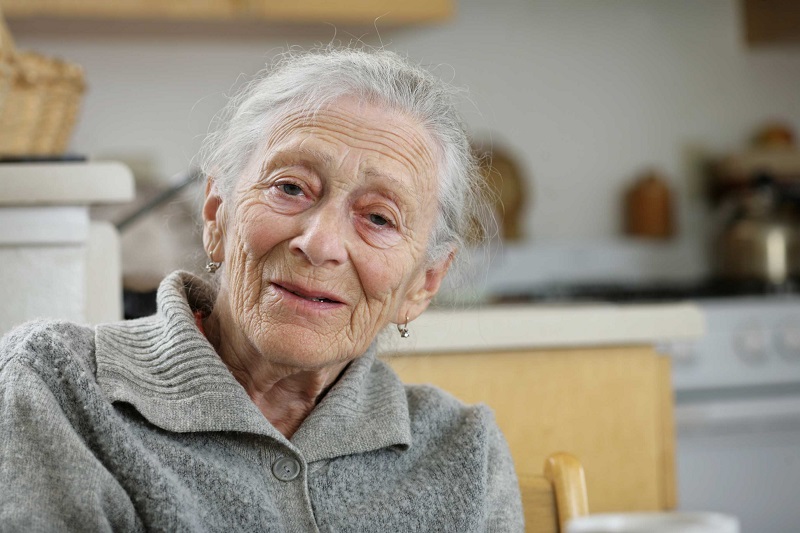When assisted-suicide mongers promise strict guidelines to protect against abuse, rest assured, it’s nothing but a con. It won’t take long before these same advocates denigrate the very “protections” they promoted as “barriers” or “obstacles” to a good death.
Assisted-suicide-movement camp followers in the media eagerly promote the new message without a mention that they also pushed the “strict guidelines against abuse” trope. Latest example, Paula Span’s “New Old Age” column in the assisted-suicide-friendly New York Times. From, “For Terminal Patients, the Barrier to Aid in Dying Can Be a State Line:”
Five years ago, Dr. Nicholas Gideonse spoke with an older man who had received a terminal cancer diagnosis and was hoping to use Oregon’s medical aid-in-dying law.
Oregon’s Death With Dignity Act, in effect since 1997, permits doctors, after a complex process of requests and waiting periods, to prescribe lethal medication for dying patients to self-ingest.
The nonprofit group End of Life Choices Oregon had referred the man to Dr. Gideonse, a primary care doctor at Oregon Health & Science University and a hospice medical director, who had already helped many patients use the law.
But this time he could not. “I’m really sorry,” he told the man the phone. “I’m not going to be able to help you with this.” Oregon’s law — and all the laws that permit medical aid in dying in 10 states and in Washington, D.C. — has residency requirements. This man would have qualified — except for that fact he lived in nearby Washington State.
A few points. Washington legalized assisted suicide in 2009. The moment I read that, I suspected that the man’s own doctor refused to facilitate his suicide and so he went doctor shopping with the assistance of an assisted-suicide advocacy group, a common occurrence. Sure enough:
Although Washington has its own aid-in-dying law, its southwestern region has few providers who can help patients use it.
They “can,” but won’t, might be better stated. At least some doctors still believe in the Hippocratic Oath and understand that prescribing poison is antithetical to a doctor’s professional obligations to patients.
LifeNews depends on the support of readers like you to combat the pro-abortion media. Please donate now.
When Measure 16 was promoted to legalize assisted suicide, advocates assured voters that the residency requirement was an important protection against suicide tourism — as now happens in Switzerland. But now that Oregonians accept prescribed death, residency is an unconstitutional obstacle! The death doctor is suing:
Last month Dr. Gideonse, backed by pro bono lawyers and Compassion & Choices, an advocacy group for expanding end-of-life options, filed a federal lawsuit claiming that the residency requirement for Oregon’s aid-in-dying law is unconstitutional. “I realized how important this could be for patients seeking access,” he said.
The lawsuit is one of several legal and legislative efforts around the country to reduce the requirements that patients must contend with in order to receive aid in dying. In some states, lawmakers have already broadened the types of health care providers that can participate, or have shortened waiting periods or allowed waivers.
“I think of it as MAID 2.0,” said Thaddeus Pope, an end-of-life bioethicist at Mitchell Hamline School of Law who tracks such actions, referring to the acronym for medical aid in dying. “We found out there’s an access problem.” He added, “We set all these safeguards and eligibility requirements and they locked a lot of people out.”
Oh, baloney. This was the plan all along.
I hope people understand that assisted suicide is not about “terminal illness.” That “protection” is just the entry point, a tactic to convince people to swallow the hemlock. Once the poison is in the cultural bloodstream, the terminal-illness requirement will be deemed an obstacle, and the law will be continually expanded over time — just as they have just in the last year or so in Canada, California, Hawaii, and Oregon. The pattern is more predictable than Biden’s statements being clarified by his press secretary.
So, support assisted suicide, if you must. But do it with a full understanding of the consequences. Don’t lie to yourself that there will be only a tiny change in medical ethics and societal morality. In the end, there is no such thing as just “a little assisted suicide.” The ultimate destination is death on demand — a nihilistic mindset that Germany already reached.
We will too, eventually, unless we refuse to swallow the poison.
LifeNews.com Note: Wesley J. Smith, J.D., is a special consultant to the Center for Bioethics and Culture and a bioethics attorney who blogs at Human Exeptionalism.








